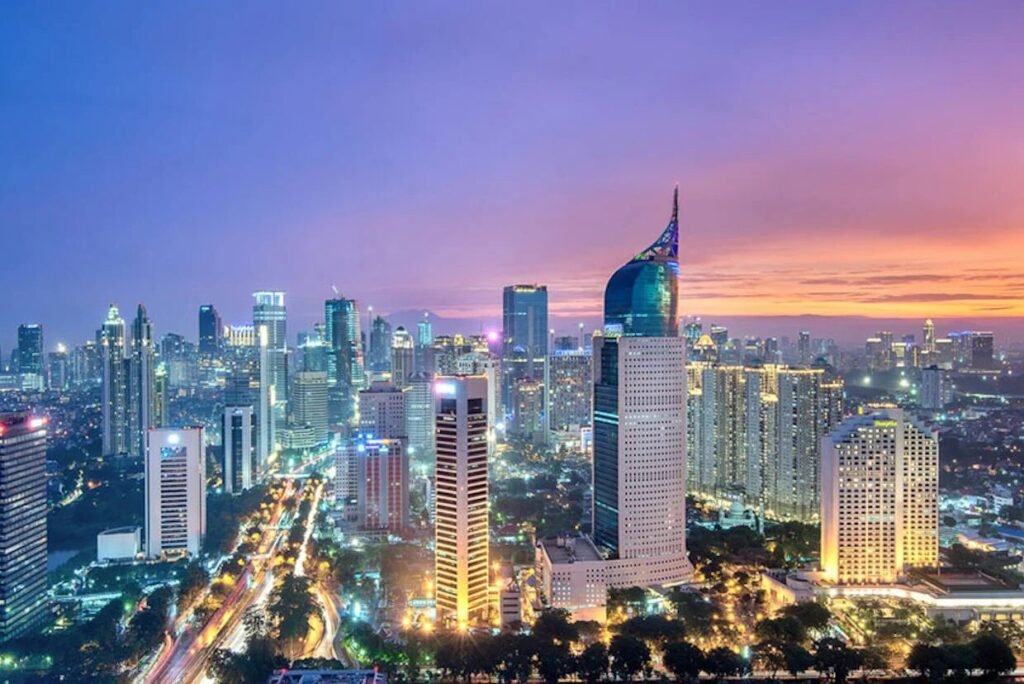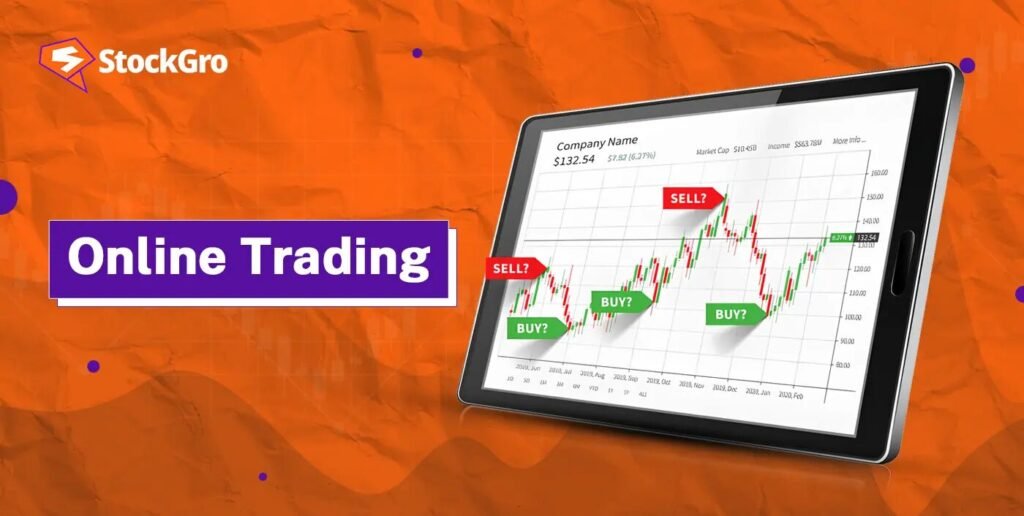Forex Regulation Indonesia: What You Need to Know About Forex Legality in 2025
March 6, 2025
Forex regulation Indonesia: Is Forex Trading Legal in Indonesia Right Now?
Yes, forex trading is legal in Indonesia as of 2025, but it’s not a free-for-all market. The government imposes clear boundaries around how trading is conducted and by whom. The key players involved in regulating the industry are Bappebti (Commodity Futures Trading Regulatory Agency) and OJK (Financial Services Authority).
What makes forex trading legal here is compliance with these authorities. Indonesian law mandates that all trading must go through licensed futures brokers approved by Bappebti. So while you’re allowed to trade, you’re expected to do so within a framework that emphasizes financial safety and accountability.
How Does Forex Regulation in Indonesia Actually Work?
The forex regulation Indonesia enforces in 2025 is designed to create a secure trading environment. Bappebti oversees commodities and derivatives — which includes forex — while OJK covers broader financial market oversight.
Regulations cover a wide range of areas: broker licensing, advertising standards, transaction transparency, and customer fund protection. One standout aspect is that brokers must offer their services in Indonesian and have a local office. They must also meet capital requirements and regularly report trading activity.
This structure aims to reduce the risk of scams and market manipulation, which have been concerns in past years.
Can Indonesians Trade with Overseas Forex Platforms?

Source: WikiFX
This is where things get tricky. Foreign forex brokers that don’t hold a Bappebti license are technically not allowed to operate in Indonesia. Many are accessible online, but that doesn’t make them legal in the eyes of the government.
Indonesia has taken steps to block access to these platforms and warns the public against using them. If a trader uses a non-approved broker, they’re essentially stepping outside the legal zone — and lose any consumer protection in the process.
So while access might still exist, regulation doesn’t cover those transactions. You trade at your own risk, without legal backing if something goes wrong.
What Are the Requirements for a Legal Forex Broker in Indonesia?

Source: Global Government Forum
To legally operate in Indonesia, a broker must secure a license from Bappebti and meet a number of financial, operational, and compliance criteria.
This includes:
- Maintaining a minimum capital threshold
- Operating a physical office within Indonesia
- Providing full client disclosures in Bahasa Indonesia
- Undergoing periodic financial audits
- Adhering to leverage limits and risk management standards
These requirements are part of the effort to keep forex trading transparent and reduce exposure to excessive risk. It also distinguishes legitimate operations from high-risk or unregulated platforms.
Is Online Forex Trading Permitted for the Average Indonesian Trader?

Source: StockGro
Yes, online forex trading is allowed in Indonesia, provided you’re doing it through a Bappebti-approved broker. The internet has made trading more accessible than ever, but the rules around who you trade with haven’t changed.
Retail investors can open accounts online, use apps, and even access educational content through these platforms. However, it’s important to note that leverage is capped, and speculative marketing is not permitted. Brokers are also required to explain the risks involved and prohibit misleading claims of guaranteed profits.
In 2025, regulators continue to prioritize education and risk transparency alongside platform access.
Will You Get Fined or Prosecuted for Illegal Forex Trading?
As of now, there’s no law that directly punishes individual traders for using foreign brokers — but that doesn’t mean there are no consequences.
If you fall victim to a scam or experience account issues with an unlicensed broker, you’ll have no legal avenue to recover your funds. The risk is yours to bear. On the other hand, people who promote illegal platforms — such as social media influencers — may be fined or charged under consumer protection or digital transaction laws.
So, while you might not get fined as a user, the danger lies in the lack of legal protection if things go wrong.
How Are Forex Platforms Monitored by the Indonesian Government?
Bappebti and OJK are actively monitoring the market in 2025 using a combination of digital tools, online surveillance, and inter-agency cooperation. Hundreds of unauthorized websites have been blocked in recent years. Social media accounts promoting unlicensed brokers have also been taken down.
Bappebti routinely publishes lists of licensed brokers and blacklisted sites. They’re not just regulators anymore — they also act as information hubs. Educating the public is now part of their enforcement strategy, along with tracking online activities that signal potential fraud or unlicensed operations.
This monitoring system helps build trust in the trading ecosystem and discourages illegal activity from taking root.
Conclusion: Legal Forex Trading in Indonesia Comes with Clear Boundaries
In 2025, forex trading is firmly regulated in Indonesia. The forex regulation Indonesia upholds today is not intended to restrict traders, but to shield them from unnecessary risk. Legal trading exists, but it requires awareness, responsibility, and choosing the right brokers.
For those planning to get involved in forex, the first step is understanding the system — not just the market. Once you do, the opportunity is there, within a framework that prioritizes stability and security.

